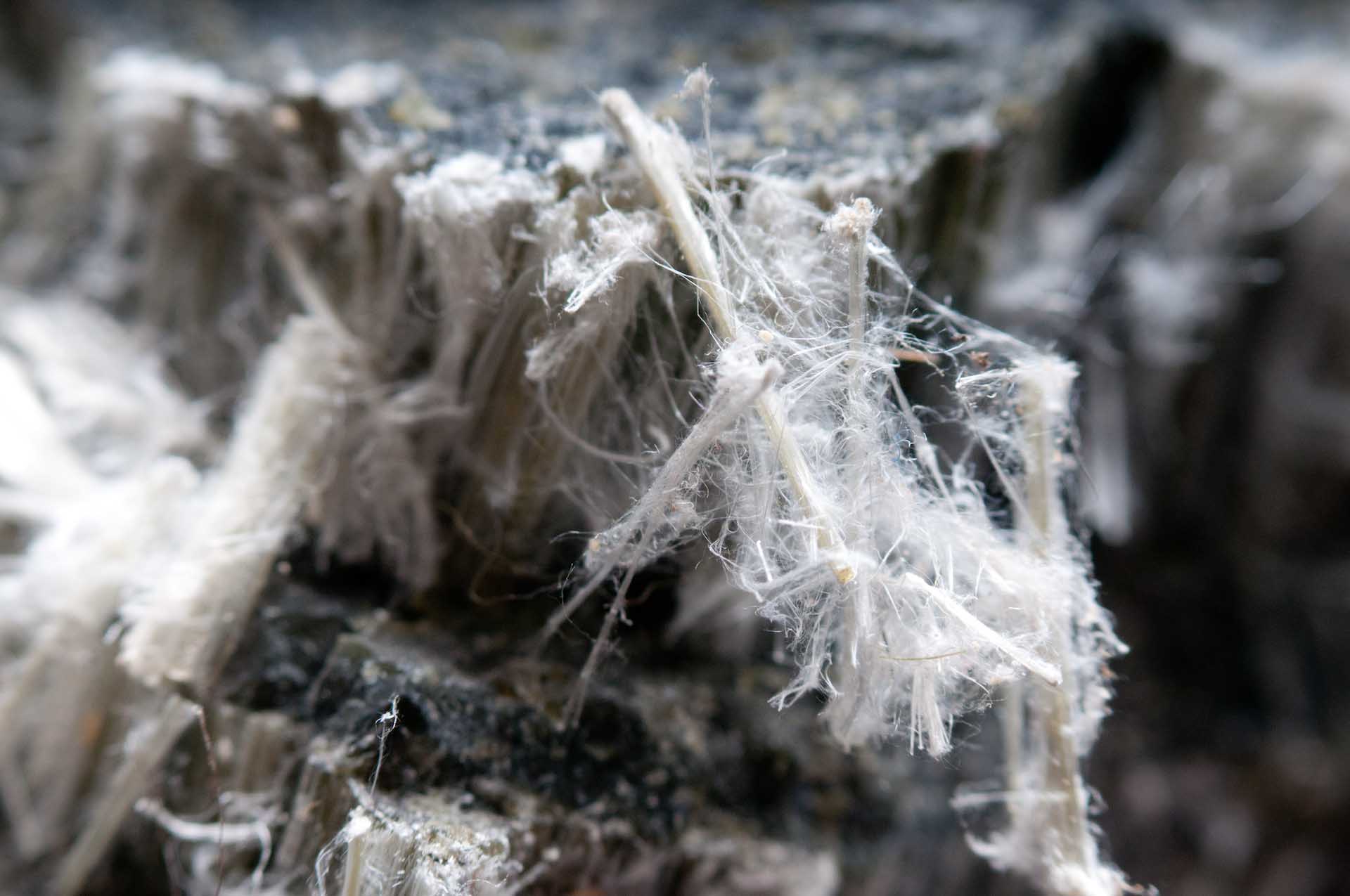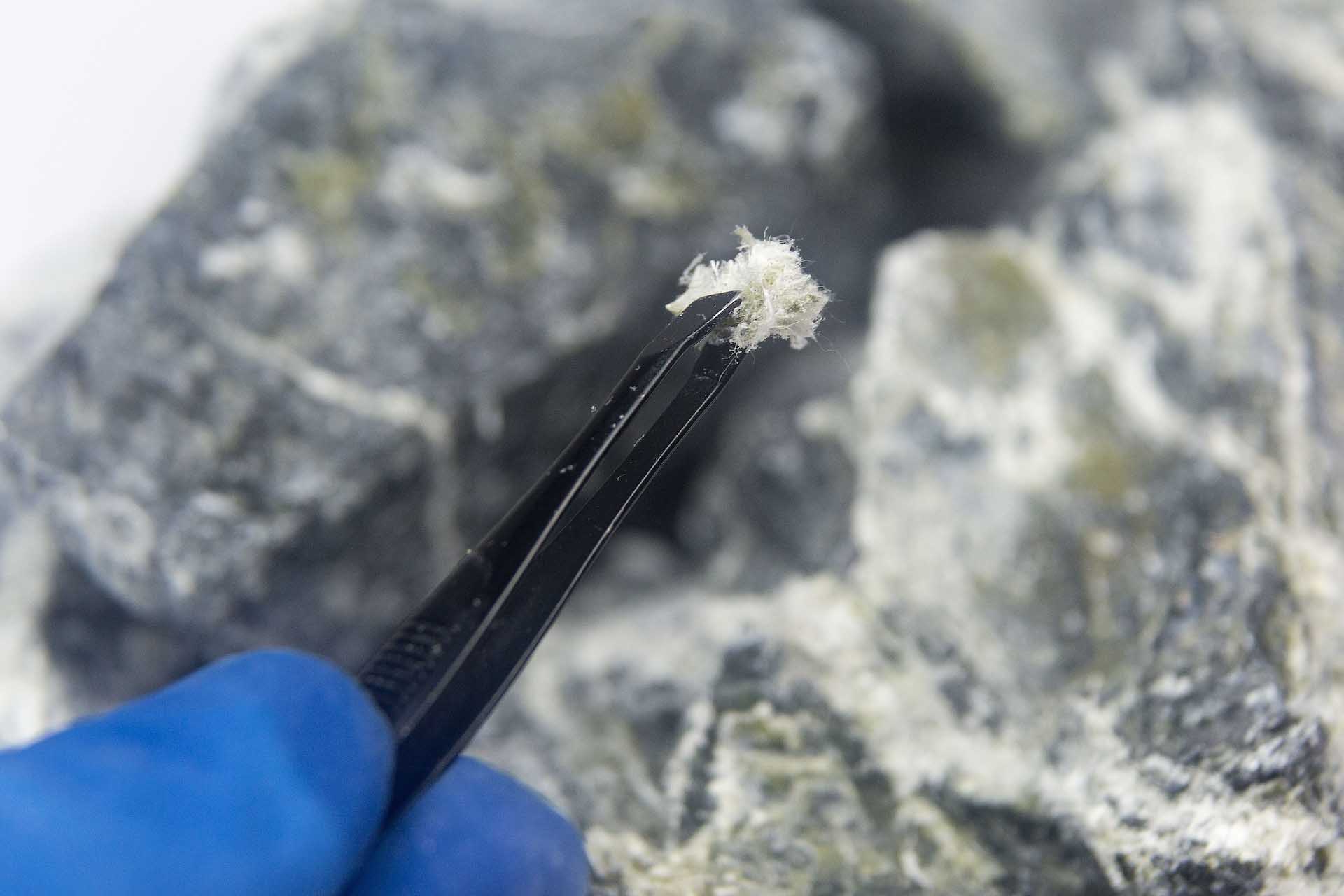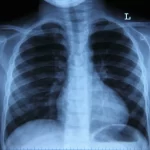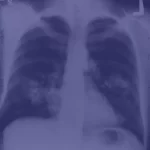Request a Callback
"*" indicates required fields
Mesothelioma and Asbestos Exposure in the U.S. Coast Guard
Members of the United States Coast Guard faced significant asbestos exposure during their service, particularly on ships where asbestos-containing materials were extensively used. The areas surrounding engine and boiler rooms were often lined with asbestos-based products, such as thermal insulation, pipe fittings, and boiler insulation. Coast Guard cutters, ice breakers, and utility boats also contained asbestos in pipes, deck-coating materials, floor tiles, and electrical wiring. Poor ventilation in these confined spaces increased the risk of asbestos fibers becoming airborne, which could be inhaled by Coast Guardsmen.
Risks of Asbestos Exposure in the Coast Guard
Many Coast Guard veterans, especially those who worked as shipyard insulation workers, boiler and engine maintenance workers, and cargo ship inspectors, were routinely exposed to asbestos. These high-risk occupations involved direct contact with asbestos-containing products like gaskets, brake pads, and clutch facings. Exposure was common during the maintenance, repair, and removal of asbestos-containing materials such as thermal insulation, engine parts, and pipe coverings.
Asbestos-Containing Materials in Coast Guard Cutters
Numerous Coast Guard vessels, such as USCGC Hamilton, USCGC Campbell, and USCGC Sebago, contained asbestos products. The use of asbestos in shipbuilding and ship maintenance extended to various components, including engine heat shields, ballast ingots, and electrical wiring insulation. Veterans who served on cutters like the USCGC Absecon and USCGC Gallatin were likely exposed to asbestos fibers during routine ship operations. Additionally, asbestos exposure occurred at shipyards such as Curtis Bay Coast Guard Yard, where asbestos materials were prevalent in maintenance and construction tasks.
Continued Risk for Coast Guard Veterans
Although the U.S. Coast Guard has phased out the use of asbestos-containing materials, the long latency period of asbestos-related diseases means veterans are still at risk today. It can take 10 to 50 years after exposure for symptoms of mesothelioma or other asbestos-related diseases to develop. Veterans who served in active duty on older cutters or were stationed at bases with asbestos-containing buildings are still at risk of developing pleural mesothelioma, lung cancer, or other asbestos-related diseases.
Coast Guard Veterans and Asbestos-Related Diseases
Coast Guard veterans diagnosed with mesothelioma or asbestos-related lung cancer may be eligible for financial compensation. Legal claims can be made against asbestos manufacturers or through asbestos trust fund claims. These trust funds were established to provide compensation to veterans exposed to asbestos products used in Coast Guard ships and shipyards. Additionally, veterans can apply for VA benefits, including monthly compensation, disability compensation, and health care services for asbestos-related diseases.
Asbestos Exposure in Housing Structures and Bases
Asbestos exposure wasn’t limited to Coast Guard vessels. Many housing structures and buildings across Coast Guard bases contained asbestos in floor tiles, ceiling insulation, and heating systems. Coast Guardsmen who lived or worked in these older buildings could have been exposed to asbestos when the materials were disturbed or damaged. Secondary asbestos exposure was also a concern, as asbestos fibers could cling to clothing and equipment, potentially exposing fellow service members and family members.
Asbestos Trust Funds and Legal Compensation for Coast Guard Veterans
Veterans suffering from mesothelioma or asbestos-related lung cancer may seek legal compensation through asbestos trust funds or mesothelioma lawsuits. Asbestos attorneys can help veterans file claims against manufacturers of asbestos-containing products used in Coast Guard ships and shipyards. Coast Guard veterans with mesothelioma may be eligible for settlements that range in the millions, providing financial compensation for medical expenses, lost wages, and other damages. Experienced mesothelioma lawyers can also assist veterans in pursuing VA benefits, disability claims, and additional compensation for their service-connected illnesses.
Benefits and Medical Care for Veterans with Mesothelioma
Veterans diagnosed with mesothelioma or asbestos-related diseases can access health care benefits through the Department of Veterans Affairs (VA). VA-accredited claims agents can help veterans file for disability compensation and medical care, ensuring they receive the proper treatment for their condition. Coast Guard veterans with a history of asbestos exposure may also qualify for VA benefits such as monthly compensation, caregiver assistance, and aid for medical bills related to asbestos-caused diseases.
Conclusion
The risks of asbestos exposure in the Coast Guard were significant, and many veterans are still feeling the effects today. With access to legal compensation and VA benefits, Coast Guard veterans diagnosed with mesothelioma or other asbestos-related diseases can seek justice and financial security. If you or a loved one served in the U.S. Coast Guard and were exposed to asbestos, it’s important to explore your legal options. Contact Serling & Abramson, P.C. today for a free case evaluation and connect with experienced mesothelioma attorneys who can guide you through the process.
US Coast Guard FAQs
How were Coast Guard Veterans exposed to asbestos in military equipment and products?
What are the potential health risks for Coast Guard veterans exposed to asbestos?
Which occupations within the Coast Guard faced significant risk of asbestos exposure?
What if I was exposed to asbestos in the military?
What is the VA disability rating for asbestos exposure?
How serious is one time asbestos exposure?
What are the toxic exposure of the Coast Guard?
News Articles
Industries We Represent
Endorsed by Plumbers Local 98
Areas Of Practice & Expertise
150+ Years Combined Experience
About Us
The Serling & Abramson law firm was founded in 1970 by Michael B. Serling. Mr. Serling was the first attorney in Michigan to file a wrongful death action on behalf of the family of a mesothelioma victim. In 1975, a young widow of an asbestos insulator contacted Mr. Serling concerning her husband who had died at age 52. She was left with two young children and was trying to raise them on a $4 per hour job. The extremely gratifying feeling of success in prosecuting the case and securing a sizable settlement for the widow and her children inspired Mr. Serling to continue this work.
Michael soon realized that it was more than just asbestos insulators who were falling victim to asbestos-related diseases. It soon became apparent that mesothelioma and lung cancer were occurring in virtually every building trade and many industrial settings. He dedicated his career to securing justice for all victims affected by asbestos exposure. Today, over 50 years later, Serling and Abramson are still representing victims of asbestos-related diseases, such as mesothelioma, lung cancer, and asbestosis.
Read More

























